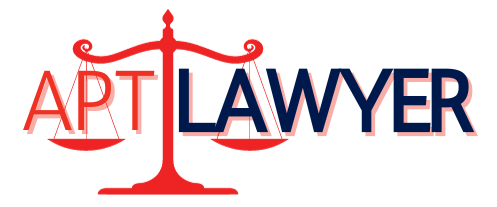How to Choose a Good Lawyer in Uganda Amid Declining Standards

Choosing a competent lawyer in Uganda is crucial,
especially amid growing concerns about declining professional standards in the legal sector. The legal profession in Uganda, like many others, is not immune to evolving challenges. Increasing reports of unethical practices, professional misconduct, lack of client communication, incompetence, and corruption have made it difficult for clients to trust legal practitioners.
But this should not discourage you—there are still many competent, principled, and highly effective lawyers in Uganda. The key is knowing how to choose the right one. With the right approach, you can still find a reliable lawyer to represent your interests effectively. Here are practical steps and tips to help you choose a trustworthy and competent lawyer in Uganda.
Key Factors to Consider When Choosing a Lawyer
1. Verify Qualifications and Licensing
Before hiring a lawyer, ensure they are duly registered with the Uganda Law Society (ULS) and possess a valid Practicing Certificate. The Law Council of Uganda regulates legal practice, so confirming their credentials helps avoid unqualified practitioners.
2. Assess Experience and Specialization
Law is a broad field, and expertise matters. If your case involves:
- Commercial law (business disputes, contracts)
- Criminal law (defense in court)
- Family law (divorce, child custody)
- Land law (property disputes)
Choose a lawyer with a proven track record in that specific area. Ask about past cases they have handled similar to yours and their outcomes.
3. Check Reputation and Reviews
- Ask for recommendations from trusted friends, colleagues, or business associates.
- Avoid lawyers with multiple unresolved complaints or disciplinary actions by the Law Council.
4. Evaluate Communication and Transparency
A good lawyer should:
- Clearly explain legal processes in simple terms.
- Provide honest assessments of your case’s strengths and weaknesses.
- Be responsive to calls, emails, and meetings.
- Are they open about timelines and risks?
5. Discuss Fees Upfront
Legal fees can vary widely. Ensure you understand:
- Hourly rates vs. flat fees
- Retainer agreements (advance payments)
- Additional costs (court fees, filing charges)
- Insist on a written fee agreement (instructions or engagement contract).
- Understand whether they charge per hour, per task, or a flat fee.
- Request receipts and accountability for every expense
Avoid lawyers who demand excessive upfront payments without clear justification.
6. Avoid “Case Brokers” and Unethical Practices
Some lawyers act as middlemen, taking cases but outsourcing them to inexperienced attorneys. Others may engage in bribery or unethical shortcuts. Always insist on dealing directly with the lawyer handling your case.
7. Meet in Person Before Hiring
A face-to-face meeting helps gauge:
- Professionalism and demeanor.
- Willingness to take on your case.
- Confidence in handling legal challenges.
8. Trust Your Instinct
If something feels off, trust your gut.
- Do you feel respected?
- Are they listening to you, or rushing the conversation?
- Do you feel pressured into decisions?
You have the right to interview multiple lawyers before choosing one.
Red Flags to Watch Out For
- Overpromising outcomes – No lawyer can guarantee a win.
- Lack of proper documentation – Avoid those who don’t provide written agreements.
- Pressure to pay bribes – Report such lawyers to the Uganda Law Society or Judicial Service Commission.
- Frequent client complaints
- Negative media reports
- Overcharging (shop around to gauge market rates for your legal need) or misusing client funds
While concerns about declining legal standards in Uganda are valid, careful research and due diligence can help you find a competent and ethical lawyer. Uganda still has many lawyers committed to justice, fairness, and excellence. Always verify credentials, assess experience, and prioritize transparency to ensure the best legal representation. By following these steps, you can navigate Uganda’s legal landscape with confidence, protect your legal interests, and secure the right advocate for your case.
